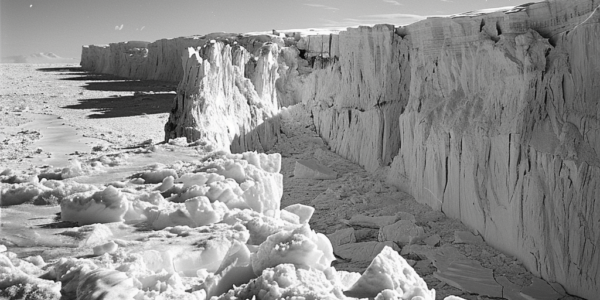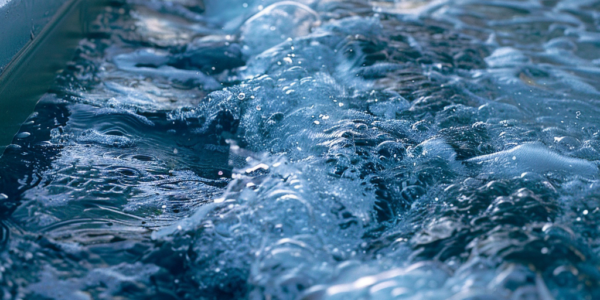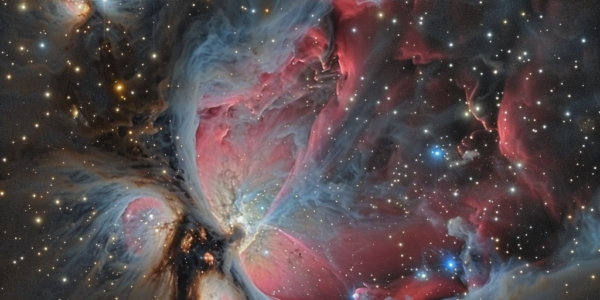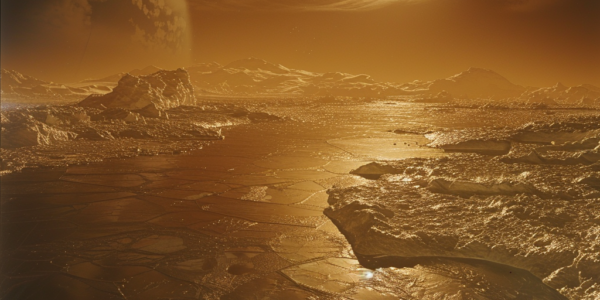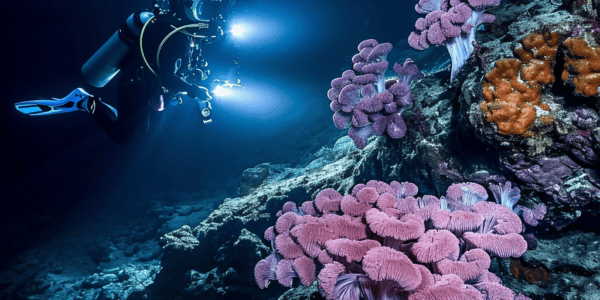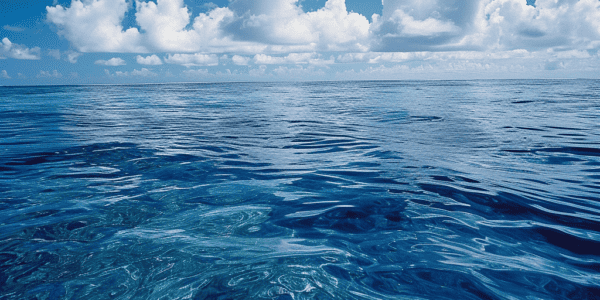Research Highlights Potential Impact of Individual Weather Events on Sea Level Rise
Recent research has highlighted the potential impact of individual weather events on the world’s largest ice sheets and, consequently, on sea level rise. A heat wave in Greenland and a storm in Antarctica have raised concerns about the long-term effects of such events, especially in the context of a warming climate. According to the Intergovernmental Panel on Climate Change (IPCC), global sea levels are projected to rise by 28 cm to 100 cm by 2100. This wide range of estimates underscores the uncertainty surrounding future sea level rise and its potential implications for millions of people worldwide.
Altering Wastewater to Slow Climate Change
A study suggests that adding alkaline chemicals to wastewater discharged into the oceans could increase CO2 sequestration, potentially mitigating climate change. This approach aims to reduce acidity of wastewater and remove carbon dioxide from the atmosphere, offering a sustainable method to lower CO2 levels.
Astronomers Make Groundbreaking Discovery in Orion Nebula
A groundbreaking discovery in the Orion Nebula reveals the destruction and re-formation of water within a planet-forming disk, shedding light on the intricate processes taking place within the nebula. The study, led by University Paris-Saclay Ph.D. student Marion Zannese and involving an international team, was published in Nature Astronomy and holds significant implications for the emergence of life beyond our planet.
Transforming Ocean-Climate Action in Canada
Anya Waite discusses the Ocean Frontier Institute’s efforts to address urgent ocean-climate challenges and the launch of the Transforming Climate Action program by Dalhousie University. The program aims to reduce uncertainty about ocean carbon sequestration, improve understanding of the ocean’s role in climate modulation, and develop science-based solutions for ocean-climate challenges.
NASA Launches PACE Satellite to Study Oceans and Atmosphere
NASA has launched the PACE satellite to study the world’s oceans and atmosphere. The satellite, which stands for Plankton, Aerosol, Cloud, Ocean Ecosystem, will spend at least three years collecting data from an orbit 676 kilometers above the Earth’s surface. Scientists expect to start receiving data within one or two months, providing an unprecedented view of our home planet.
Ocean-Based Viruses and Climate Change
Discover how ocean-based viruses are being utilized to combat climate change by enhancing carbon capture and preventing methane release. Scientists are leveraging genomic sequencing and artificial intelligence to identify viruses integral to carbon metabolism and develop community metabolic models for improved carbon capture in the world’s oceans.
Study Reveals Titan’s Subsurface Ocean Likely Non-Habitable
A study led by Western astrobiologist Catherine Neish has revealed that the subsurface ocean of Titan, the largest moon of Saturn, is most likely a non-habitable environment, reducing the likelihood of finding life in the outer solar system. Neish expressed disappointment at the findings, emphasizing the importance of water as a solvent for life. The study, published in the journal Astrobiology, quantified the amount of organic molecules that could have been transferred from Titan’s organic-rich surface to its subsurface ocean, using data from impact cratering.
Groundbreaking Discovery: Bottom Trawling Releases 370 Million Tonnes of CO2 Annually
Scientists have made a groundbreaking discovery about the impact of bottom trawling on the environment. The practice of dragging massive nets along the seabed to catch fish has been found to release a staggering 370 million tonnes of carbon dioxide…
Abundance of Fungi Discovered in Ocean’s Twilight Zone Could Lead to New Drugs
The ocean’s twilight zone, located between 200 and 1000 meters below the surface, has recently revealed a surprising abundance of fungi through the largest study of ocean DNA. This discovery could potentially lead to the development of new drugs with…
Challenging the Misconception of Ocean Carbon Storage
In a recent opinion paper, Dr. Ivy Frenger and her international colleagues have challenged a common misconception in the field of ocean carbon storage. The Biological Carbon Pump (BCP), which plays a vital role in the Earth’s carbon cycle, is…

